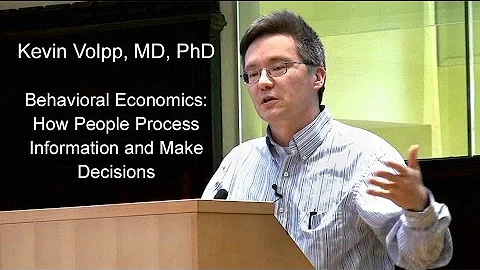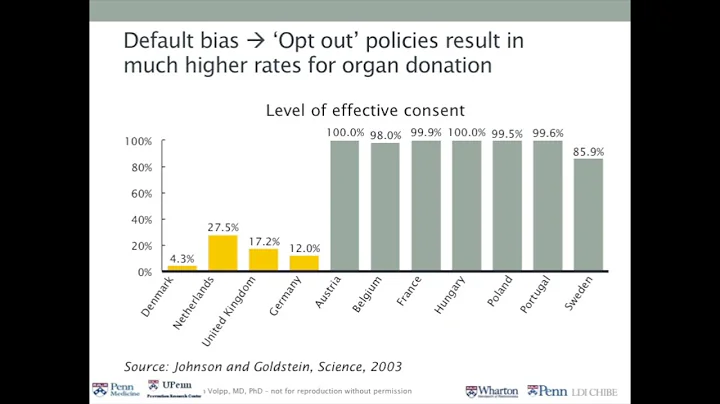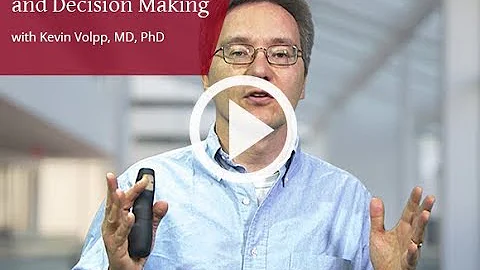Kevin G Volpp
age ~57
from Wynnewood, PA
- Also known as:
-
- Kevin G Kopp
- Kevin Volt
- Kevin G
- Kevin Gerhand G
- Phone and address:
-
242 Brydon Rd, Penn Wynne, PA 19096
610 896-0890
Kevin Volpp Phones & Addresses
- 242 Brydon Rd, Wynnewood, PA 19096 • 610 896-0890
- 1318 Grenox Rd, Wynnewood, PA 19096 • 610 896-0890
- 45 Harvard St, Brookline, MA 02446 • 617 734-0215
- 1732 Lombard St, Philadelphia, PA 19146 • 215 732-6542
- Cambridge, MA
- Princeton, NJ
- Montgomery, PA
- 242 Brydon Rd, Wynnewood, PA 19096
Work
-
Company:Val health2012
-
Position:Principal
Education
-
School / High School:Perelman School of Medicine University of Pennsylvania1994
Languages
English
Awards
Healthgrades Honor Roll
Ranks
-
Certificate:Internal Medicine, 2001
Industries
Hospital & Health Care
Specialities
Internal Medicine
License Records
Kevin Gerhard Volpp
Address:
Philadelphia, PA 19104
License #:
MD073747L - Active
Category:
Medicine
Type:
Medical Physician and Surgeon
Medicine Doctors

Dr. Kevin G Volpp, Philadelphia PA - MD (Doctor of Medicine)
view sourceSpecialties:
Internal Medicine
Address:
3900 Woodland Ave, Philadelphia, PA 19104
215 823-5800 (Phone), 215 823-6330 (Fax)
215 823-5800 (Phone), 215 823-6330 (Fax)
Certifications:
Internal Medicine, 2001
Awards:
Healthgrades Honor Roll
Languages:
English
Education:
Medical School
Perelman School of Medicine University of Pennsylvania
Graduated: 1994
Medical School
Brigham and Womens Hospital
Graduated: 1994
Perelman School of Medicine University of Pennsylvania
Graduated: 1994
Medical School
Brigham and Womens Hospital
Graduated: 1994

Kevin Volpp, Philadelphia PA
view sourceSpecialties:
Internal Medicine
General Practice
Hospitalist
General Practice
Hospitalist
Work:
Philadelphia Veterans Affairs Medical Center
3900 Woodland Ave, Philadelphia, PA 19104
3900 Woodland Ave, Philadelphia, PA 19104
Education:
Md, University Of Pennsylvania (1998)
Resumes

Principal
view sourceLocation:
242 Brydon Rd, Wynnewood, PA 19096
Industry:
Hospital & Health Care
Work:
Val Health
Principal
University of Pennsylvania
Director, Center For Health Incentives and Behavioral Economics, School of Medicine and Wharton
Principal
University of Pennsylvania
Director, Center For Health Incentives and Behavioral Economics, School of Medicine and Wharton
Education:
University of Pennsylvania School of Medicine 1990 - 1998
Doctorates, Doctor of Philosophy, Economics, Medicine Harvard University 1985 - 1989
Bachelors, Bachelor of Arts
Doctorates, Doctor of Philosophy, Economics, Medicine Harvard University 1985 - 1989
Bachelors, Bachelor of Arts
Youtube
News

Where Are All the COVID-Booster Incentives?
view source- But theory is different from practice. It was completely unprecedented for 24 states, more or less at the same time, to roll out these incentive programs, says Kevin Volpp, the founding director of the Center for Health Incentives and Behavioral Economics at the University of Pennsylvania. In effe
- Date: Jan 24, 2022
- Category: More news
- Source: Google

Financial Incentives Don't Spur Worker Weight...
view source- "There is often a presumption that the size of the reward is all that matters," said Dr. Kevin Volpp, director of the Penn Center for Health Incentives and Behavioral Economics. "In reality, incentive systems vary in effectiveness according to how well they are designed," he explained in a universit
- Date: Jan 06, 2016
- Category: Health
- Source: Google

Monetary incentive helps smokers kick the butt
view source- "As we continue to see smoking as the number one cause of preventable death in the US, it is important for employers to consider different options to help their workers quit," said senior author Kevin Volpp from the University of Pennsylvania.
- Date: May 18, 2015
- Source: Google

People quit Smoking when their Own Money is at Stake
view source- ccording to a previous research, money is persuasive. Dr. Kevin Volpp and other researchers tried to find out what difference it made if a person makes a decision to stand not only to win money for quitting, but also to lose money. Approximately 1,000 smokers were offered the opportunity to win about $800.
- Date: May 14, 2015
- Category: Health
- Source: Google

Smokers Have Better Luck Quitting When Own Money Wagered
view source- As employers try to hold down health care costs, growing numbers of them have been using financial incentives to encourage workers to quit smoking or get healthier in other ways. But there's been relatively little research on what works best, said senior author Dr. Kevin Volpp.
- Date: May 13, 2015
- Category: Health
- Source: Google

Chef's Input Helps Make School Meals Healthier, Study Finds
view source- obesity is a national concern. Despite numerous efforts to improve the food consumption of America's youth, rates of obesity among school-aged children have not changed over the past decade," Dr. Mitesh Patel and Dr. Kevin Volpp, of the University of Pennsylvania, wrote in an accompanying editorial.
- Date: Mar 23, 2015
- Category: Health
- Source: Google

Fitness Trackers Only Help Rich People Get Thinner
view source- The authors, Mitesh Patel, David Asch, and Kevin Volpp of the University of Pennsylvania, point to a survey showing that only about one or two percent of Americans use wearables. (Depending on the definition of "wearable," other surveys have found a much higher numberabout 20 percent.)
- Date: Jan 12, 2015
- Category: Sci/Tech
- Source: Google

Cash + competition can boost weight loss
view source- To our knowledge, our study is the only randomized trial to compare the effects of group competition-based and individual incentives for weight loss, says Kevin Volpp, professor of medicine at the University of Pennsylvania and lead author of the study published in the Annals of Medicine.
- Date: Apr 03, 2013
- Category: Health
- Source: Google
Get Report for Kevin G Volpp from Wynnewood, PA, age ~57





